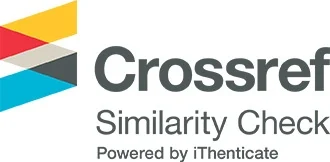Pharmacists’ Perspectives on Clinical Pharmacy Practice and Willingness to Engage in Structured Training: An Expanded Analysis from Libya
DOI:
https://doi.org/10.65137/lmj.v10i2.274Keywords:
clinical pharmacy; pharmacists; continuing professional development; Libya; training preferencesAbstract
Background: Pharmacy practice in Libya is shifting from dispensing-focused roles toward patient-centred clinical services, but training gaps and policy barriers remain. Objectives: To describe demographic and practice profiles of pharmacists in Libya, assess awareness and attitudes toward clinical pharmacy, determine willingness to undertake structured training, and identify barriers and facilitators for implementation. Methods: A descriptive cross-sectional survey of 65 licensed pharmacists from public and private sectors was conducted. Data included demographics, practice setting, prior clinical training, training preferences, and perceived barriers; quantitative summaries and qualitative synthesis were performed. Results: Respondents were predominantly female (62%) and mostly aged 30–39 years (49%). Hospital pharmacists comprised 55% of respondents. Prior structured clinical training was reported by 31%; 83% expressed willingness to engage in structured training. Preferred modalities were interactive workshops (74%), in-hospital rotations (61%), and blended learning (55%). Main barriers were lack of institutional support (58%), time constraints, and unclear career recognition. Conclusions: Libyan pharmacists show strong willingness for structured clinical training but face systemic and institutional barriers. Policy action, accredited training pathways, and institutional support are required to integrate clinical pharmacy sustainably into Libyan healthcare.
Downloads
Published
Issue
Section
License
Copyright (c) 2025 Lebda Medical Journal

This work is licensed under a Creative Commons Attribution-NoDerivatives 4.0 International License.









